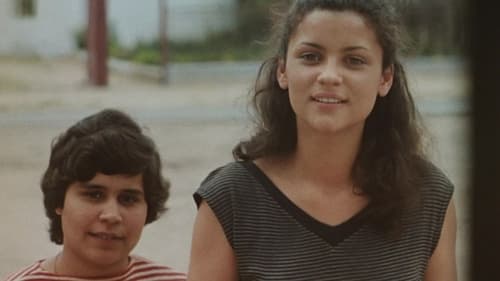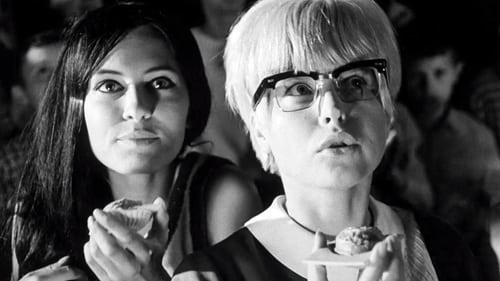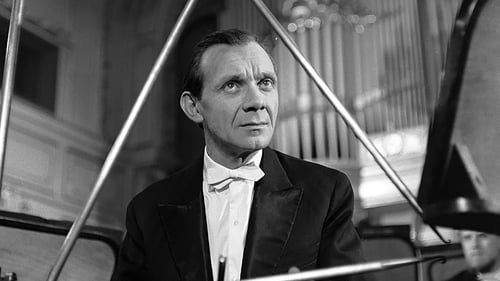
Ujco

Jakub's Father
Jakub, a dreamer and budding magician, juggles between parcels and services rendered to the villagers. His eyes cross that of the beautiful gypsy Jolanka. Together, they will try to live a first and big love, despite the pressure of their respective communities.

A story of a man threatened by a fatal illness evaluating his life (the number 322 in the film title stands for the diagnosis of one kind of cancer). He understands his illness as a form of punishment for his cruel deeds in the 1950s. In the face of reality and his efforts to cleanse himself he hits a barrier of indifference, lack of interest, and individual and collective selfishness. He has to find his own reconciliation with his illness and his past and present life.

A comedy about five students who are un-justly suspected of trying to lose their virginity before their graduation. The five girls first try to defend themselves, but when they find out that nobody believes them - neither the school principal nor even their own parents - they decide to accomplish what they have been falsely accused of. And although their clumsy attempts are mostly comic, at one point they almost cause a big tragedy.


In this bitingly satirical film Peter Slovan, a continuous source of trouble for the film functionaries of the socialist Slovakia, tackles an evergreen topic – the corruptive effects of power. Barnabáš Kos, a triangle player at a symphonic orchestra, is suddenly promoted to serve as the head of the said institution, even though both he and his superiors deem him completely unfit for the task. Encouraged in equal parts by this unexpected recognition and the servile praise of his colleagues, Kos’s modesty starts to gradually vanish. The erstwhile bashful and aloof percussionist quickly becomes aware of the advantages of his new office, and begins to realise his increasingly ludicrous artistic ambitions. Ultimately, the submissive marionette turns into a source of public humiliation, and his astonishing career finds an abrupt end. Orchestra serves here as a microcosm that grotesquely reflects the absurd and tragicomic mechanisms of the paranoid apparatus of power.



